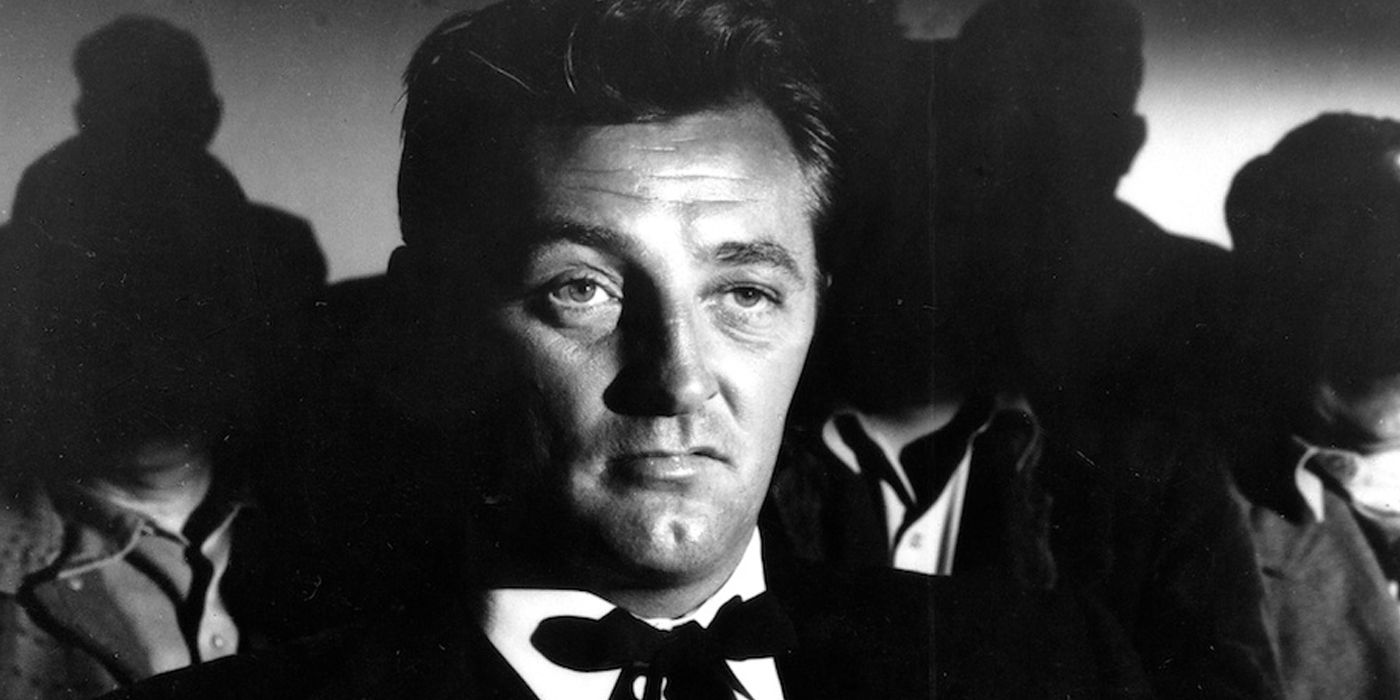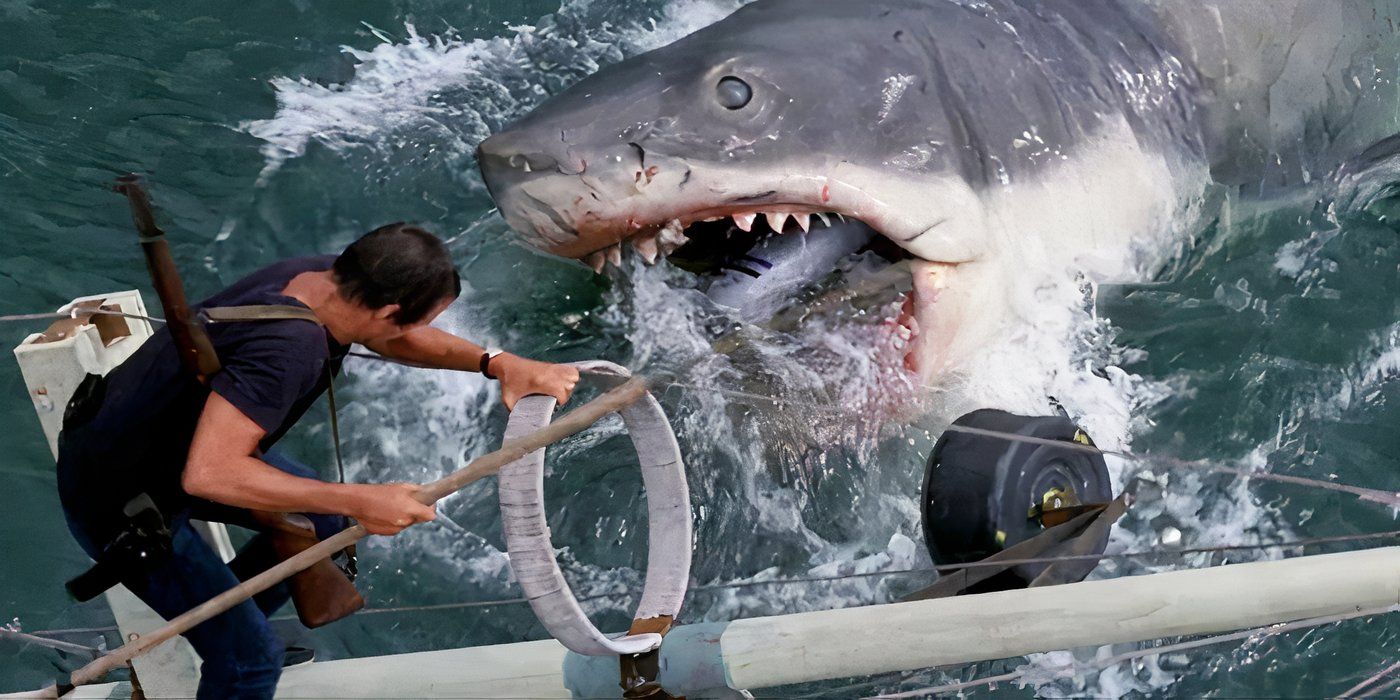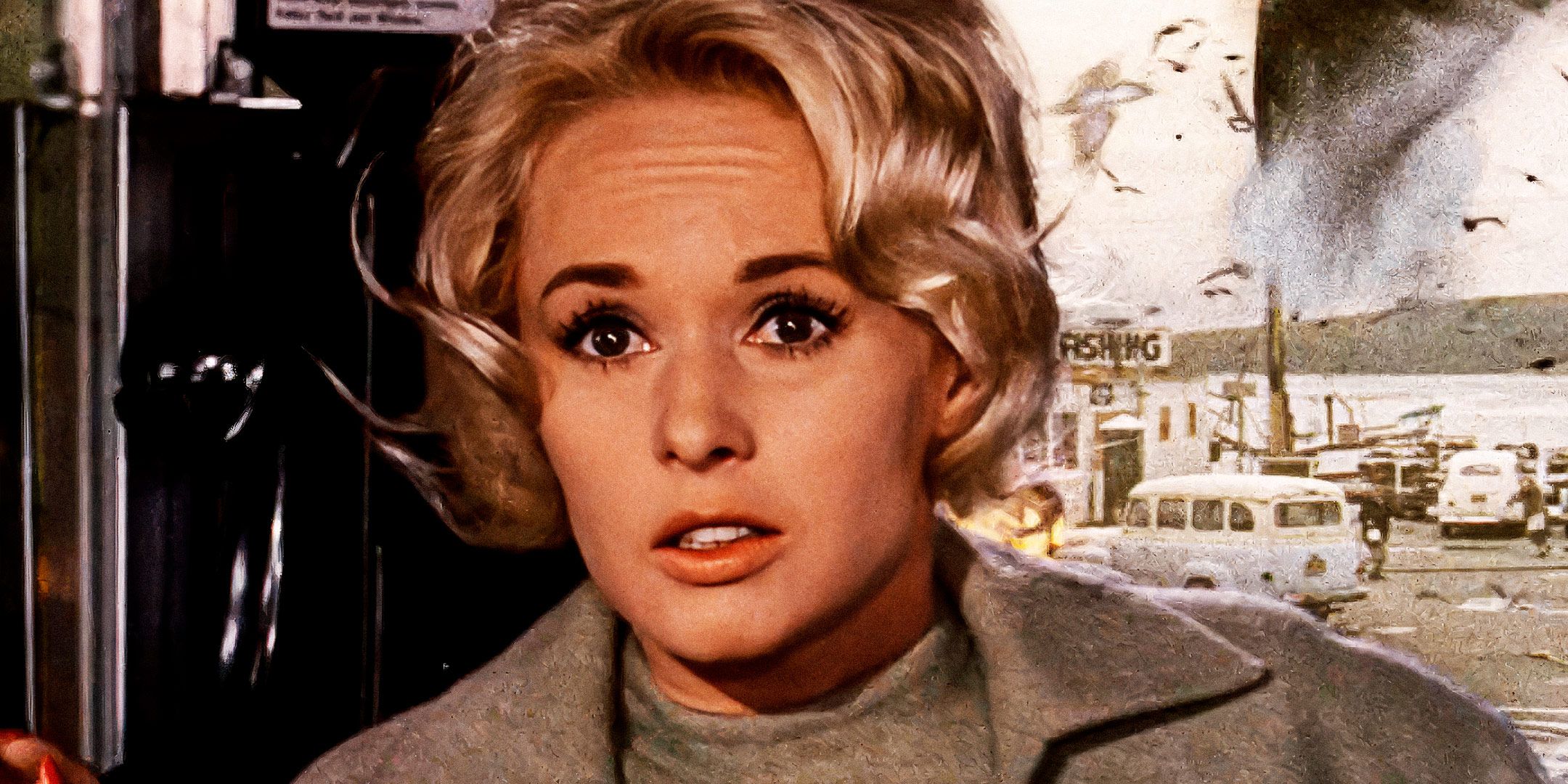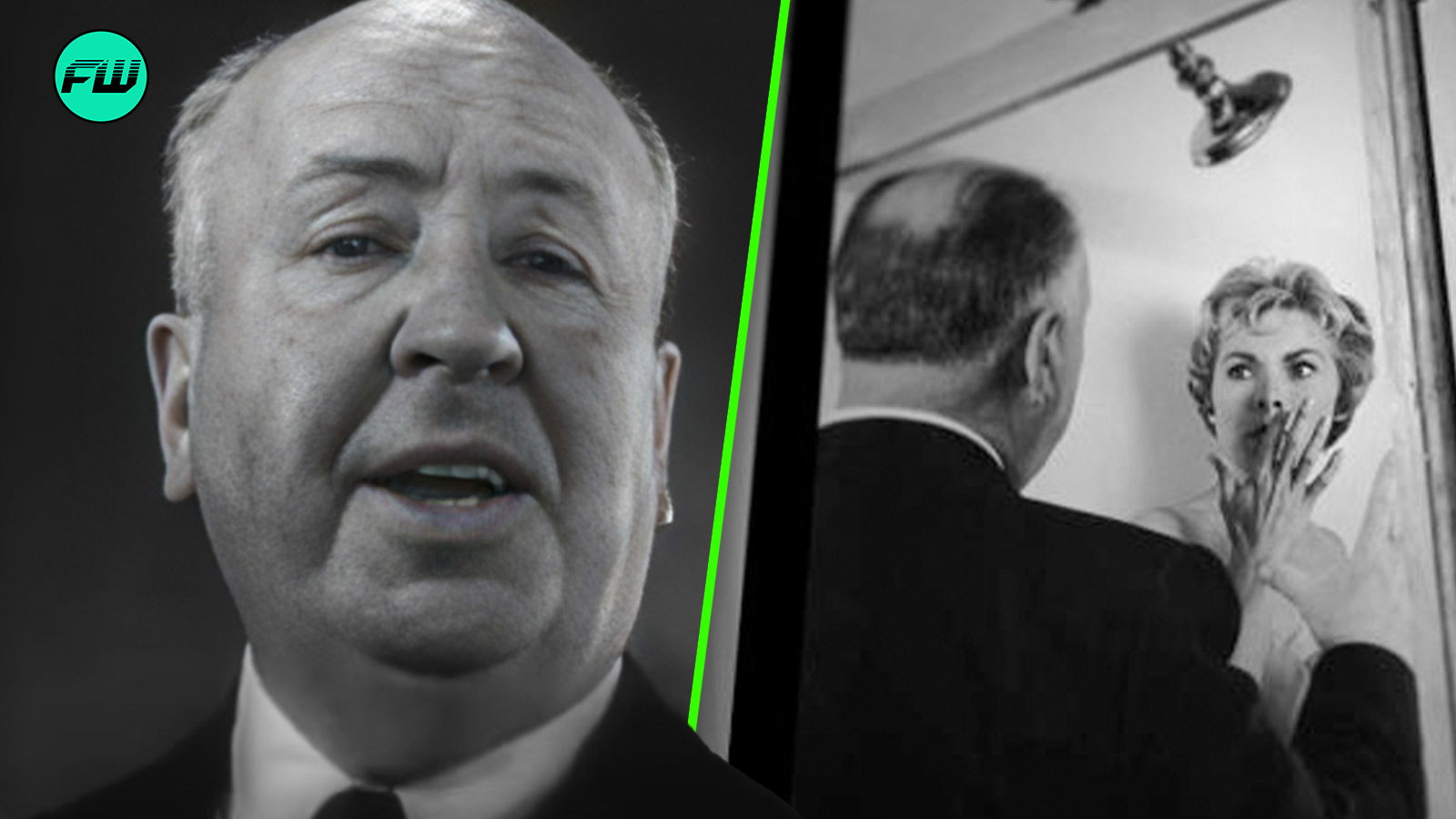A late entry into the film noir genre - - received high praise from esteemed film critic Roger Ebert, lauding it as a masterpiece. "one of the greatest of all American films." Movies classified as traditional "film noir" rose to prominence in the early 1940s with the help of hits like The Maltese Falcon and Suspicion. The 1940s was certainly the best decade of the genre, with it beginning to wane in the 1950s, which was the end of the era that's traditionally considered as "true" film noir. Everything made after that with noir-ish themes is typically regarded as "neo-noir."
The film noir genre has produced some one of the best movies ever made. This sentiment is supported by the likes of Roger Ebert, who has given four-star ratings to several film noir movies and counted them among the films he views as "Great Movies." Several great 1940s film noir movies have made that list, such as Alfred Hitchcock's Notorious, low-budget 1946 cult classic Detour, a few Humphrey Bogart films, and Robert Mitchum's Out of the Past. He's also a big fan of Night of the Hunter. Despite it being from the final years of the classical film noir period, Ebert sees it as not only one of the genre's best, but also one of the best movies from the United States as a whole.

Released in 1955 and directed by Charles Laughton, Night of the Hunter stars Robert Mitchum as Reverend Harry Powell, a psychotic pastor who learns of a vast fortune supposedly being in the hands of a widow, played by Shelley Winters. After inserting himself into the lives of the widow and her children, as he seeks to find the money. In his review of the film, Roger Ebert had nothing but kind words for Charles Laughton's work and Robert Mitchum's performance in Night of the Hunter, as well as those of the other cast members.
Mitchum is uncannily right for the role, with his long face, his gravel voice, and the silky tones of a snake-oil salesman. And Shelly Winters, all jitters and repressed sexual hysteria, is somehow convincing as she falls so prematurely into, and out of, his arms.
Calling it "one of the greatest of all American films," In other words, it uses its cinematography and Robert Mitchum's incredible acting to make The Night of the Hunter the gem that it is. Ebert explains that Laughton's film does well to portray Mitchum as a truly sinister character in his pursuit of the children, creating a great deal of suspense and fear of the movie's villain.
Roger Ebert isn't alone in his high opinions of Night of the Living Hunter. Easily one of Robert Mitchum's best film noir movies, it's also viewed positively by several noted filmmakers, as evidenced by the number of tributes the film - and particularly Robert Mitchum's character - has received from other movies. Its influence is evident in movies like Martin Scorcese's Cape Fear and the Coen brothers' The Big Lebowski. But while The Night of the Hunter has certainly earned respect and a great reflection on its director's talent, that was not the case initially.
Prior to making Night of the Hunter, Charles Laughton was a veteran actor with roles in several Hollywood classics, including Mutiny on the Bounty. He won the Academy Award for Best Actor in 1933 for his performance in The Private Life of King Henry VIII.
In addition to bombing at the box office, fared very poorly with critics upon its release, likely due to its chilling approach being a bit too heavy for them in the 1950s. This wasn't good for Charles Laughton, considering that Night of the Hunter was the actor's first time in the director's chair. With his directorial debut being seen as lackluster, the film unfortunately didn't lead to him being hired as a director again. That feels like a loss for Hollywood, because as Ebert has noted, Laughton "made a film like no other before or since, and with such confidence it seemed to draw on a lifetime of work."











